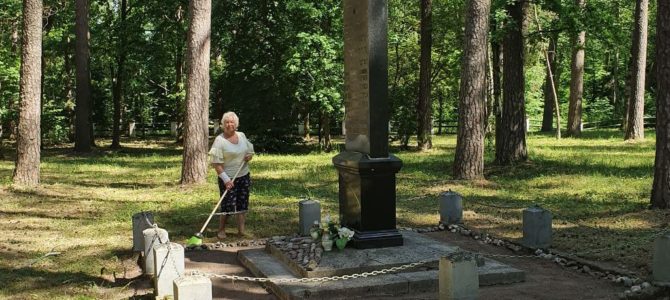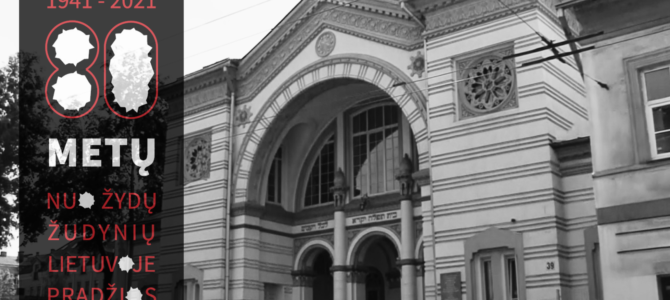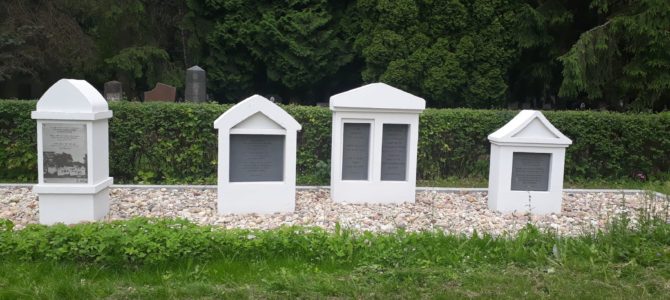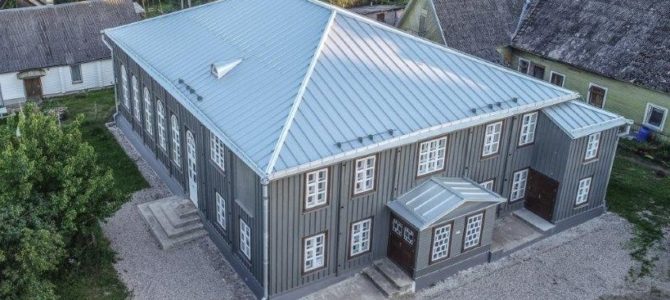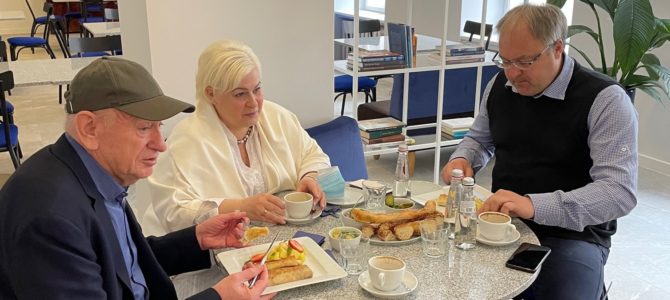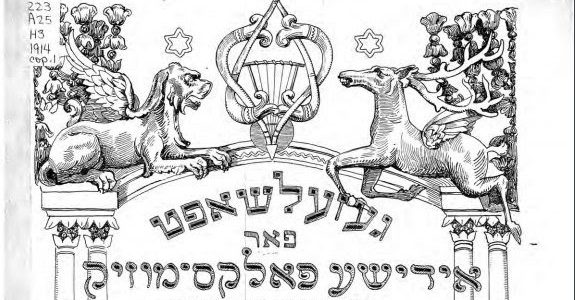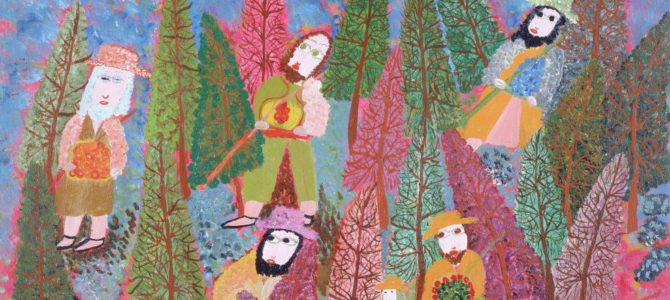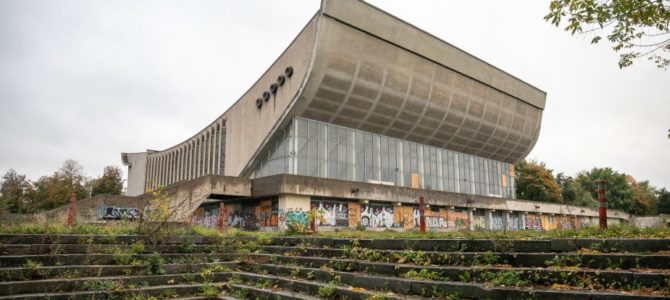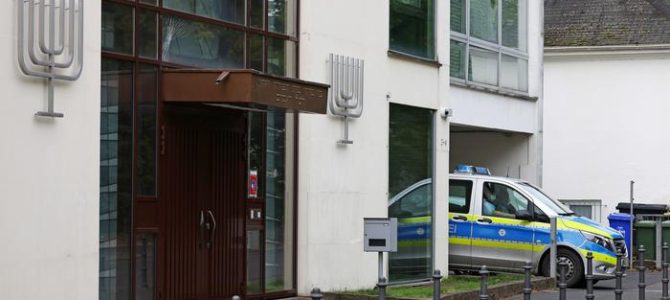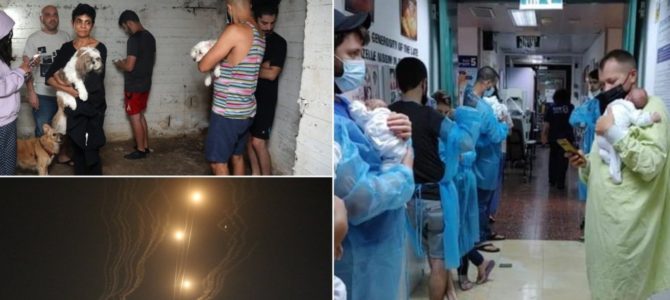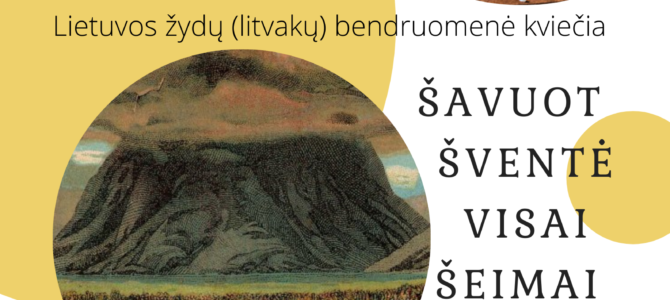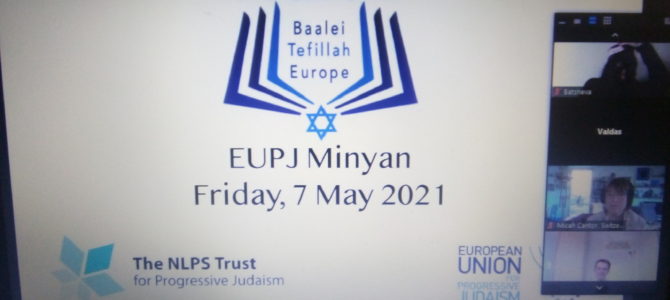We all need to remember all of our innocent people who were murdered and will never return.
The Panevėžys Jewish Community has asked the Panevėžys regional administration to renew inscriptions on monuments and memorial plaques commemorating Jewish victims murdered in World War II. The inscription on the Ghetto Gates monument has already been renewed.
The Panevėžys Jewish Community is carrying out a project called “Let’s Maintain the Mass Murder Sites” to commemorate the 80th anniversary of the beginning of the Holocaust in Lithuania. We plan to visit all the mass murder sites in the Panevėžys district.
Through our work and contribution not only do we seek to remember the tragedy which began 80 years ago, but also to set an example for regional administration employees charged with maintaining Jewish mass murder sites and Jewish cemeteries under Lithuanian law. The area around the Kurganava mass murder site has been put in order this year, but saplings still need to be cut and the fence repaired.
The Panevėžys Jewish Community is grateful to our volunteers and staff, including Albertas and Virginija Savinčiai, Jurijus Grafmanas, Timūras Jerovickis, Borisas Marijampolskis, Ona Juospaitienė and others, for taking part in this project.
We are planning repair and upkeep next month as well, with Panevėžys Jewish Community members travelling to Žalioji forest, Ramygala, Raguva and other mass murder sites.


